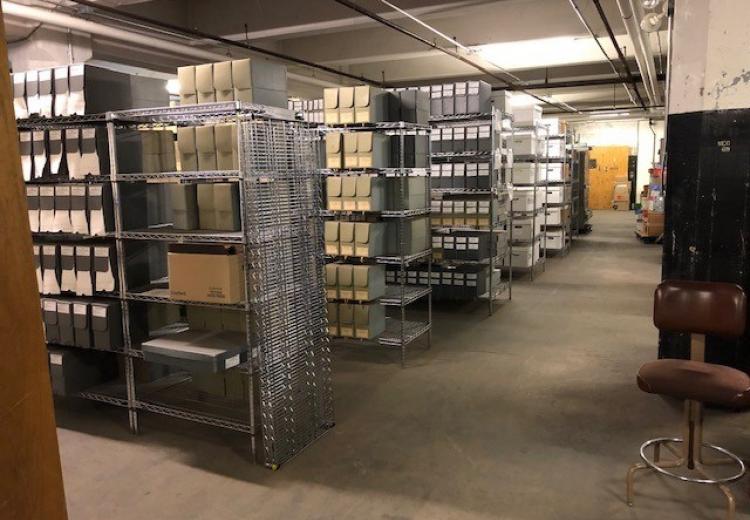Media Resource
BackStory: Saving American History

Photo caption
The Steamtown archival collection, managed by the National Park Service, contains materials about railroads in the eastern and midwestern United States.
EDSITEment (and BackStory) has a lot of material about history, but less about how the historical narratives that appear on the site were created—and challenged, and recreated. In this episode entitled Saving American History, you'll learn about some of the people who have created records, archives, and collections that future generations use to study and understand the past.
A full transcript of this episode can be found on the BackStory website.
William Plumer and the Young Government (00:40-7:35)
The Age of Antiquarians (7:35-20:15)
You Can Save History (20:15-29:25)
Cat Memories Forever? (29:30-40:07)
About BackStory
Related on EDSITEment
Teacher's Guide
Oral History as an Educational Experience
Lesson Plan
What is History? Timelines and Oral Histories
Media Resource
W.E.B. Du Bois Papers
Media Resource
Ask an NEH Expert: Validating Sources
Media Resource
